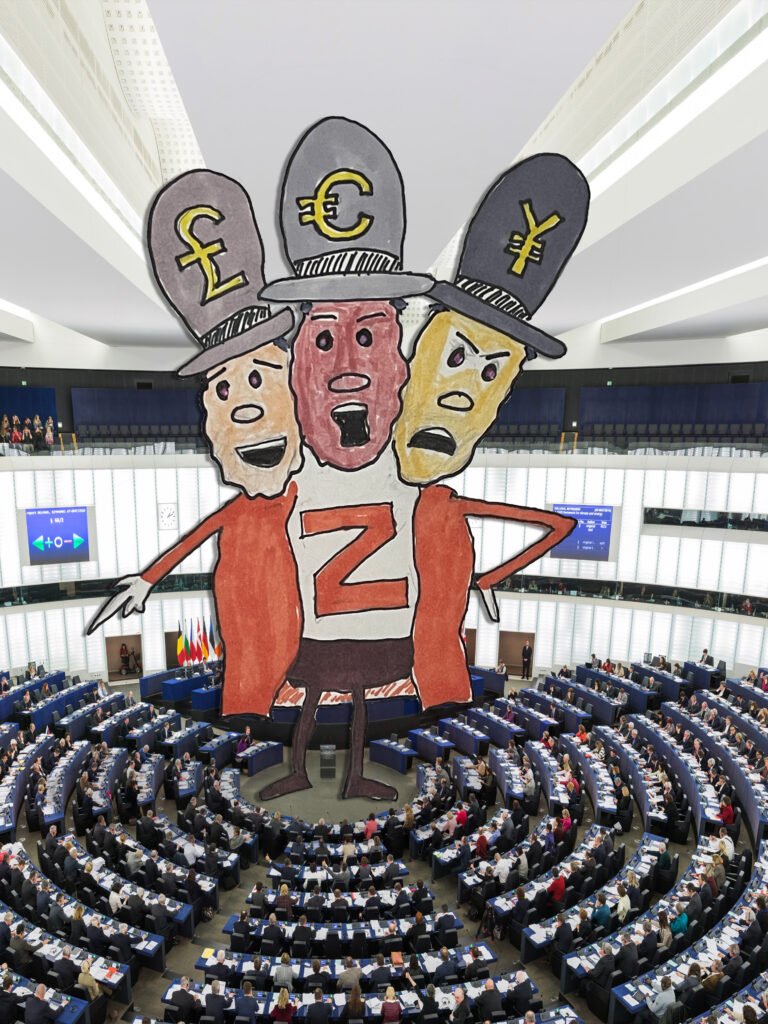
As the international trade currency, the U.S. economy (Z$) has had a privileged position in the global economy. How this happened is a result of a number of factors, but much of it can be reduced to the post-WW2 economic development under the Marshall Plan which subsequently led to the establishment of the OECD (then OEEC) in 1948 with 20 countries, mostly European.
Submitting to the ratification of the 1946 UN Charter, countries were mandated under a Sacred Trust to list their territories with the UN for the promotion of self-government.
Understanding that there could be no peace as long as colonialism was practiced, most countries willingly obliged. However upon the establishment of the OECD, post-colonial ambitions enforced a different kind of global order that facilitated an antagonistic global system between Centrally-Planned economies and Free Market Capitalism.
The OECD is a group of free-market economies, that upon its inception were many of the former administering states cooperating to maintain their administrative and economic influence with the newly formed governments.
As the self-proclaimed advanced economies of the “first-world,” Nato militarized an Iron Curtain against the Soviet Union, who was also most actively paving the route for self-determination.
In the 1989 Washington Consensus, international institutions like the World Bank, the IMF and the OECD took advantage of immense privatization and financial opportunities resulting from Soviet disintegration. What followed, privileged financial and commercial rules for free-market economies, imposing new global free trade rules with the formation of the WTO, giving greater rights to investors and corporations than protections for people and environments.
Vast sums of capital investment largely ignored calls made by the 1983 Report of the World Commission on the Environment and Development calling for institutional and legal changes in the international economy.
In the debate over climate security, it is evident that central state planning is a far more efficient route to reversing climate change than the free market.
